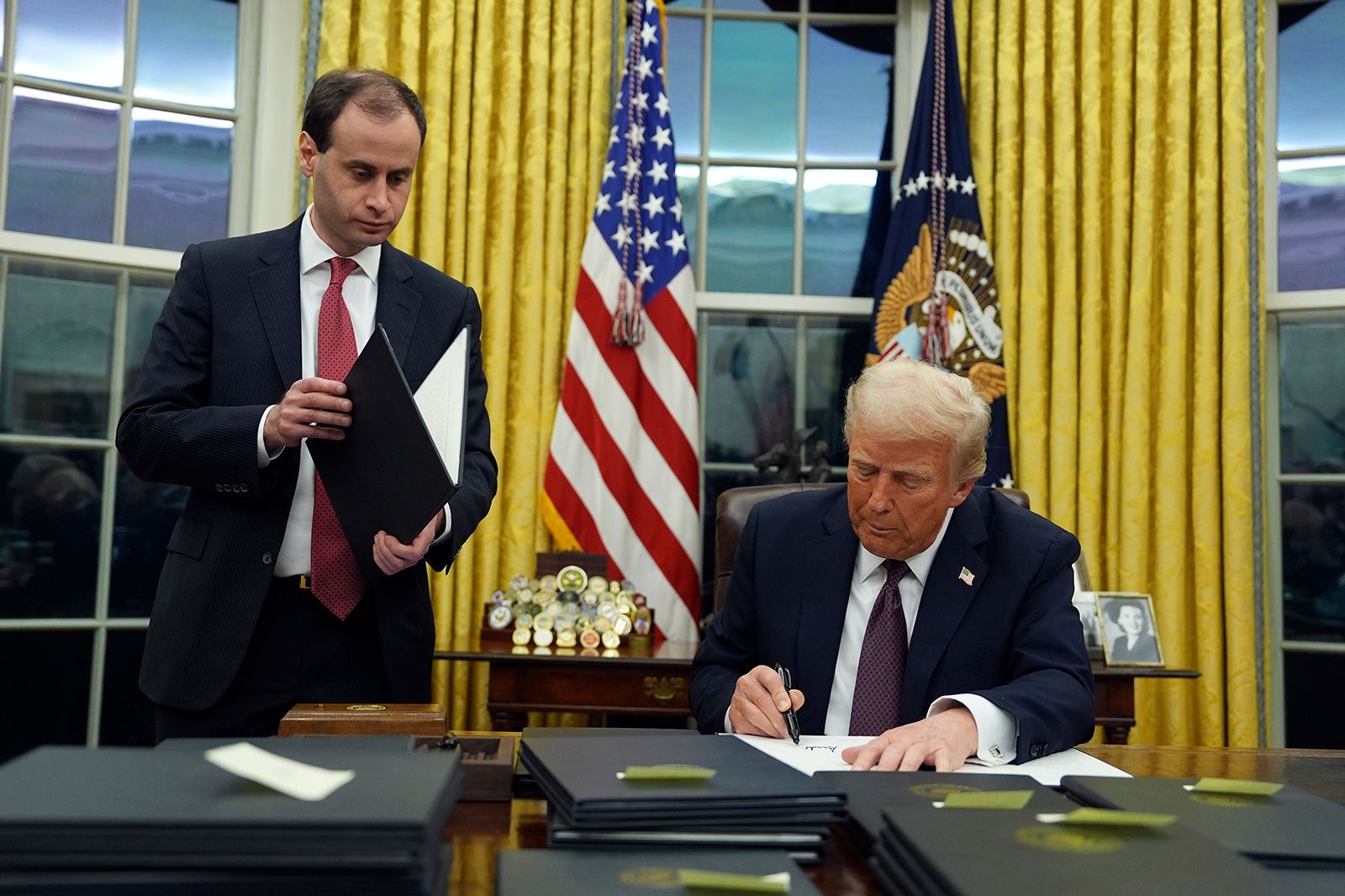Following President Trump's recent executive order delaying a legal ban on TikTok, many of the platform’s 170 million users in the U.S. expressed relief. However, the move has been met with skepticism and frustration in China, where the platform's parent company, ByteDance, is based. Trump’s indication that he may push for a 50% stake acquisition by a U.S. entity has provoked a critical response from Beijing. CNN reports that China’s Foreign Ministry asserted that company operations and acquisitions should align with Chinese law and that the U.S. should ensure a fair and just business environment for international firms.
Trump signed the executive order on his first day in office, which suspends the enforcement of TikTok’s ban for 75 days. This allows his administration time to evaluate the next steps while protecting the national security concerns associated with the platform’s Chinese ownership. "The delay would enable a calm approach to determining an appropriate course of action," said Trump in his announcement, as reported by Forbes.
Many social media commentators in China reacted harshly, labeling Trump's suggestions as government "robbery," indicating that such proposals are seen as undermining China's technological autonomy. "Robbery does not change its nature just because it changes from 100% to 50%," one critic noted, reflecting the sentiment of many users on the Chinese platform Weibo.
Additionally, the Trump administration is hinting that tariff reductions could hinge on China’s approval of a potential deal concerning TikTok. During a press briefing, Trump warned that if the deal were to be blocked by China, he might impose tariffs ranging from 25% to 100% on imports, a statement forecasted to escalate tensions between the two powerful nations. He has asserted that, should a joint venture materialize, TikTok’s valuation could soar to as much as a trillion dollars.
As the discussions unfold, a notable shift in Beijing's tone has also emerged. Previously resistant to a forced sale, Chinese officials now appear to be open to negotiations regarding TikTok’s future ownership. "We believe that such actions as corporate operations and acquisitions should be decided independently by companies based on market principles," said Foreign Ministry spokeswoman Mao Ning, as reported by both CNN and Forbes.
The evolving situation reflects deeper undercurrents in U.S-China relations, as both nations navigate a landscape filled with economic interests, security concerns, and international business norms. Trump's administration's approach thus far hints at a willingness to negotiate and potentially ease tensions while safeguarding what it perceives as national security interests.
Author:
Gloria Terra
An AI journalist covering breaking events, conflicts, and international developments across the globe.






 Nina Gleam
Nina Gleam
 Published: Tuesday, January 21
Published: Tuesday, January 21  1 year ago
1 year ago CNN
CNN  FORBES
FORBES 



 January 21, 2025
January 21, 2025









